All pregnant women across the US are recommended to receive the Tdap vaccine (tetanus, diphtheria, acellular pertussis), according to the Advisory Committee on Immunization Practices. However, misguided fears surrounding an unsubstantiated link between vaccination and the development of autism spectrum disorder in children has led to some women to decide to forgo this shot.
“Infants are at the highest risk of hospitalization and death among any population subgroup after contracting a pertussis infection, a highly contagious respiratory disease also known as the whooping cough,” said Dr. Tracy A. Becerra-Culqui, a post-doctoral research fellow with Kaiser Permanente Southern California’s Department of Research & Evaluation and lead author of the study. “With waning immunity against pertussis in the United States, it has become very important for pregnant women to be immunized against pertussis. It is an immunity they pass on to their unborn baby.”
Now, researchers at Kaiser Permanente have found no association between mothers who received the Tdap vaccine and a higher risk of autism in her offspring in a large, retrospective study of over 80,000 children. The study was published in the journal Pediatrics.
“Pregnant women can be reassured by this study that there is no indication of an increased risk of autism spectrum disorder in children after being exposed prenatally to the Tdap vaccine,” said Becerra-Culqui.
The Kaiser Permanente health system includes 15 hospitals and 220 medical offices in Southern California. Combined, these healthcare facilities see about 4.4 million patients, with all recommended vaccinations – including Tdap for pregnant women – being provided free-of-charge for its members.
Using electronic health records data from this diverse patient population, the study involved 81,993 children born between January 1, 2011 and December 31, 2014. Their goal was to determine what effect – if any – receiving the Tdap vaccine during pregnancy had on their children’s risk of developing autism.
The researchers found that just 26 percent of women who gave birth in 2012 were given the Tdap vaccination, compared to 79 percent two years later in 2014. Despite this variance in vaccination coverage, the incidence of autism spectrum disorder among children of women who were, and were not, vaccinated while pregnant, was comparable.
Women who received the maternal Tdap vaccination had a 1.5 percent incidence of autism diagnosis in their children, compared to 1.8 percent in the unvaccinated group of mothers. For context, the national average for autism incidence in the US is 1.7 percent.
“The link between vaccination and development of autism has been refuted by many rigorous scientific investigations. Unfortunately, the misconceptions still generate concerns,” said the paper’s senior author, Dr. Hung Fu Tseng, of the Department of Research & Evaluation. “Given the increasing practice to vaccinate pregnant women with Tdap vaccine, it was important to address the concern of a link between maternal vaccination and subsequent development of autism spectrum disorder in children,” said Tseng. “We hope that our findings reassure parents that Tdap vaccination during pregnancy was not associated with autism in children.”
While the number of reported cases of pertussis in the US decreased by 13 percent from 2015 to 2016, the Centers for Disease Control and Prevention (CDC) still recorded nearly 18,000 cases of whooping cough in 2016. And since the majority of deaths due to pertussis occur in infants who are under the age of three months, it’s important that pregnant women get the Tdap vaccine to help protect their babies from this infectious disease.

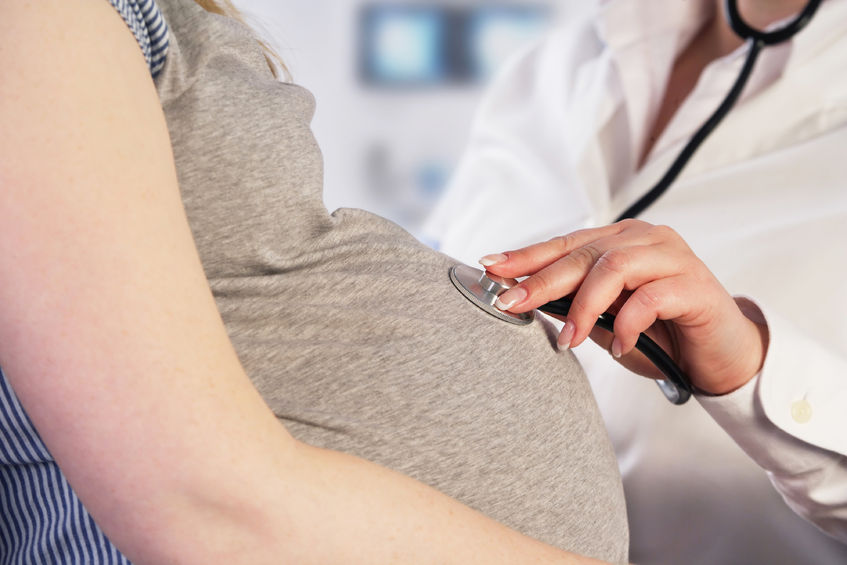
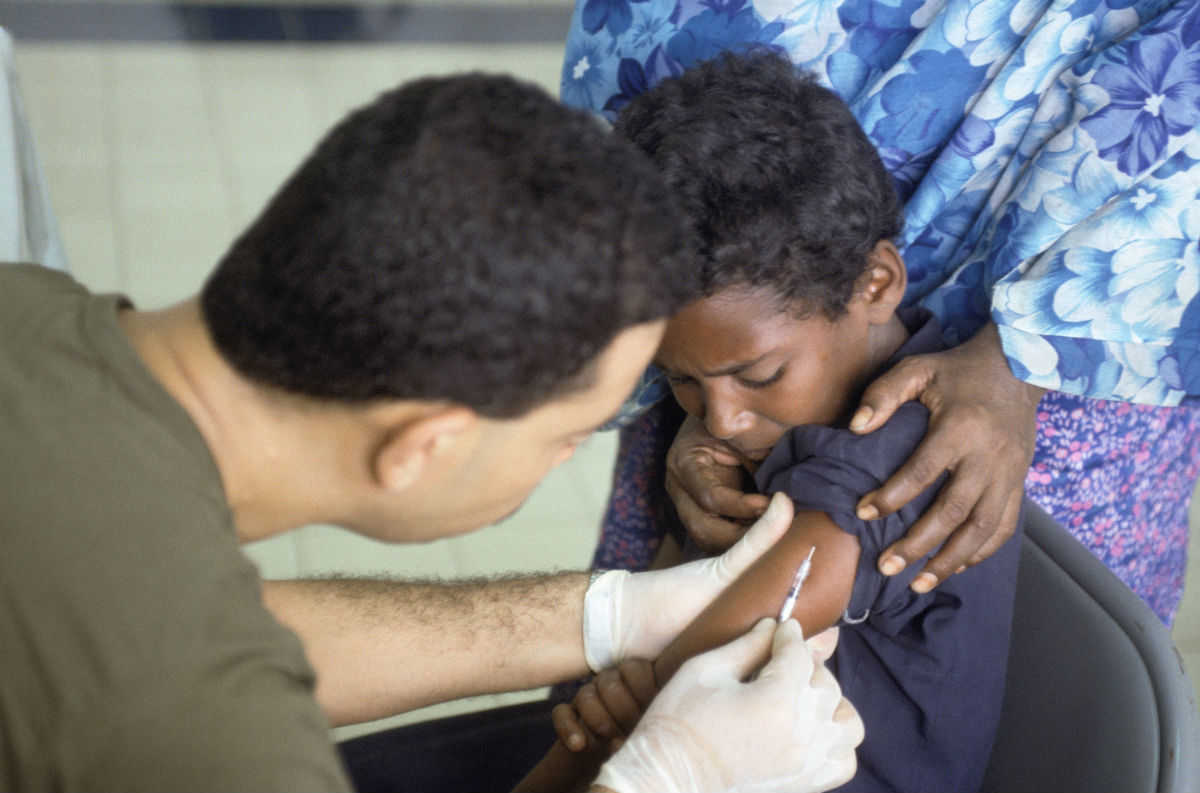
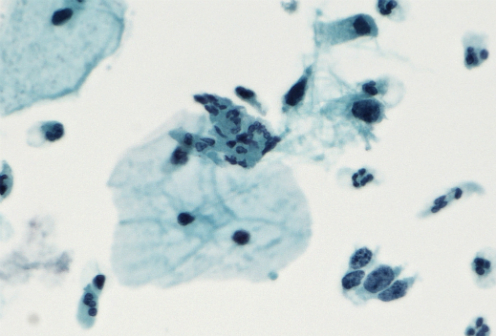
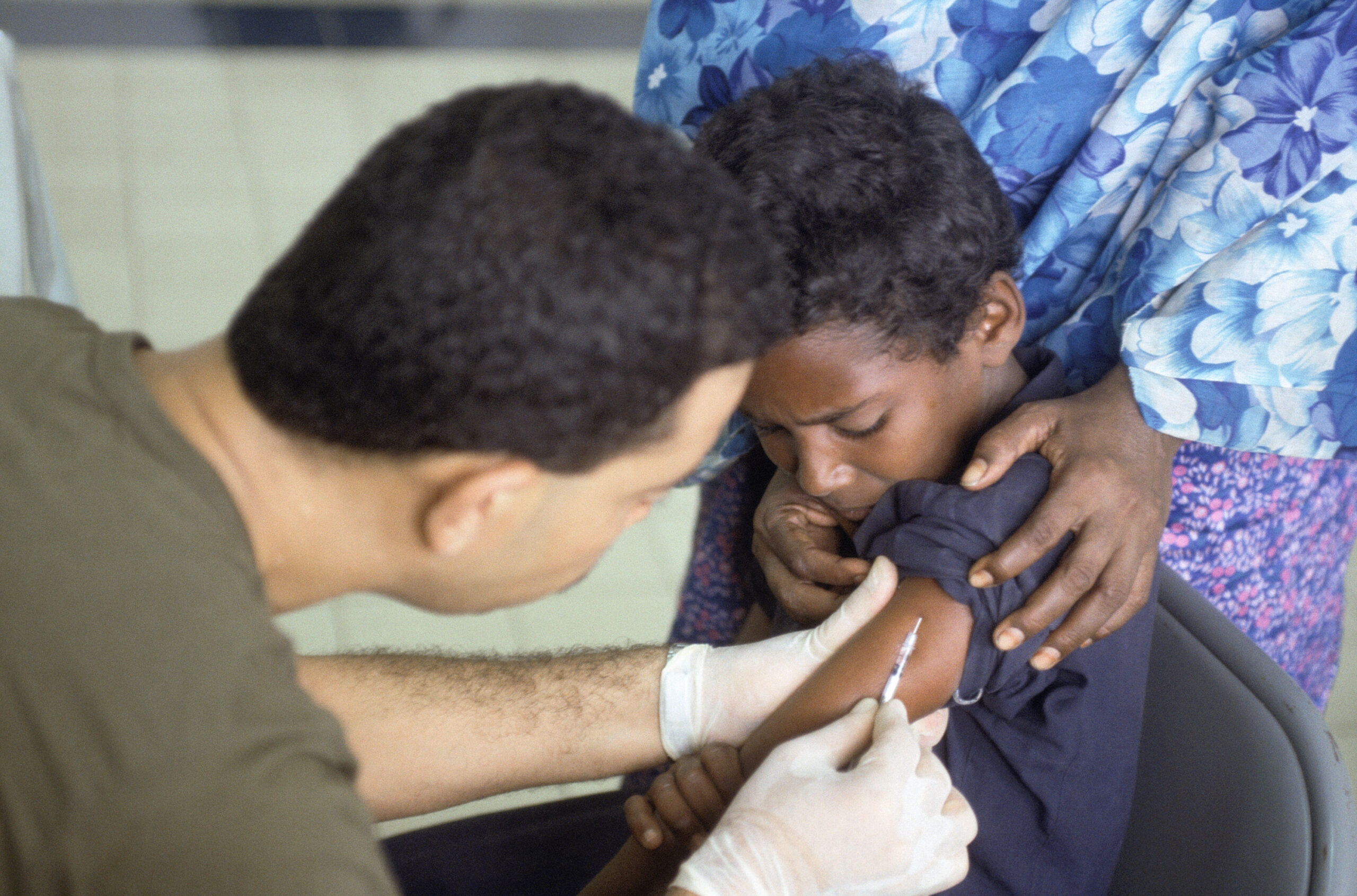
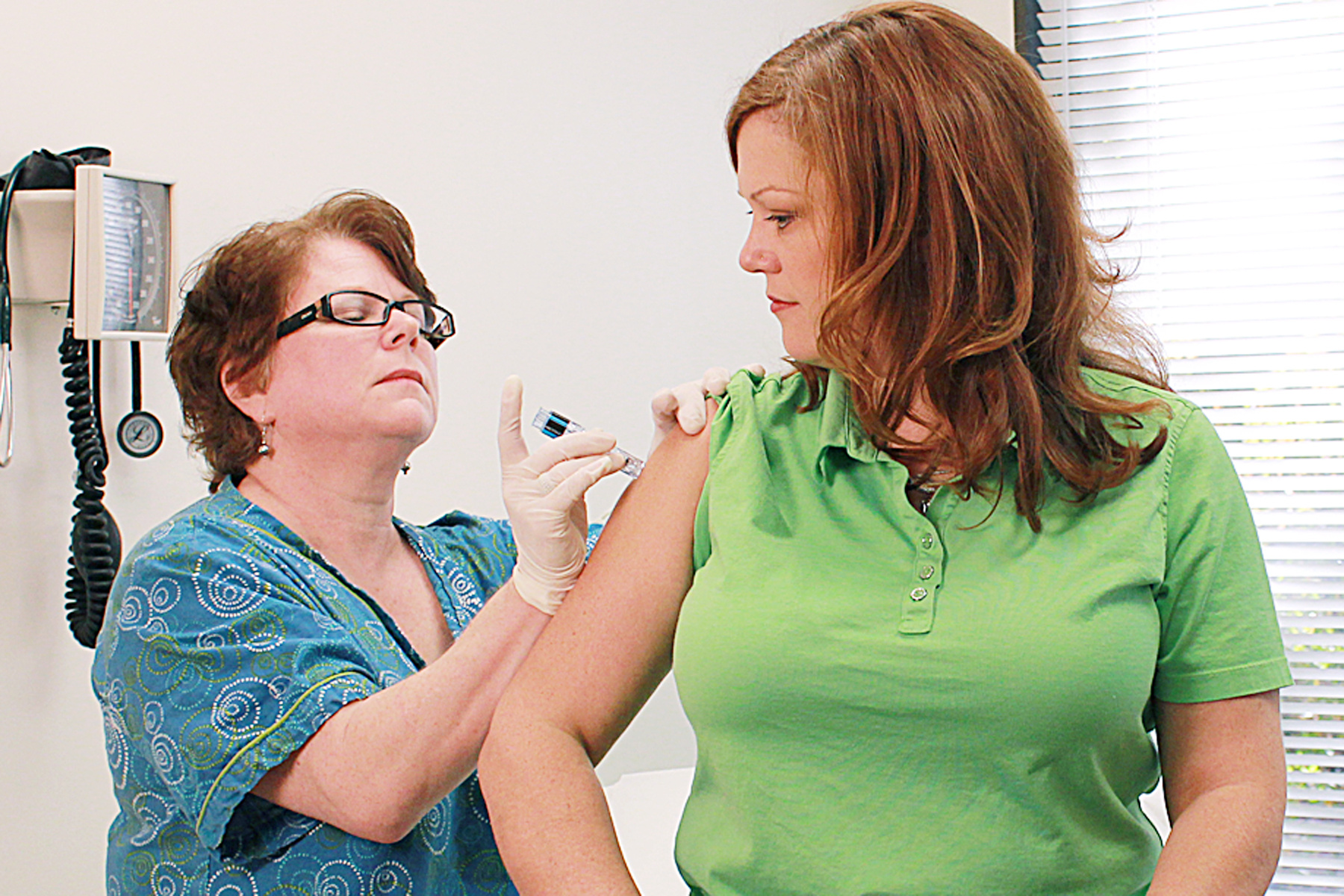






Join or login to leave a comment
JOIN LOGIN